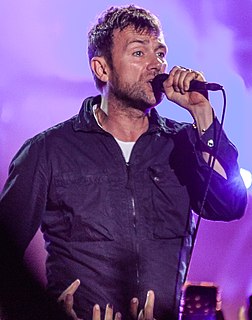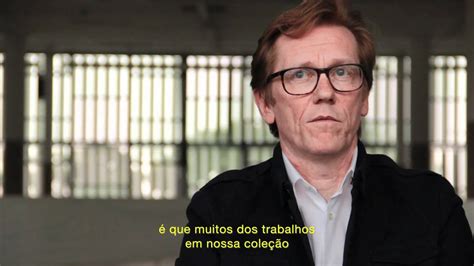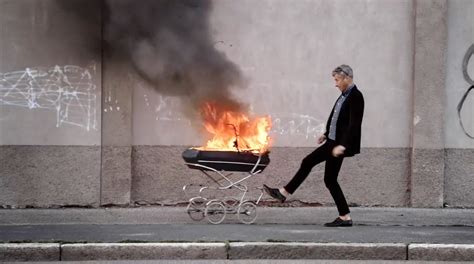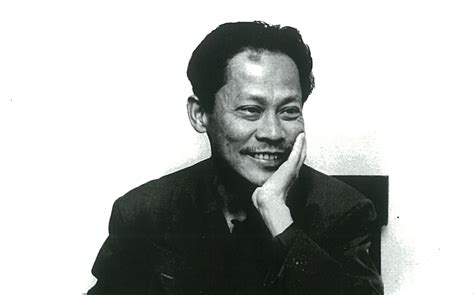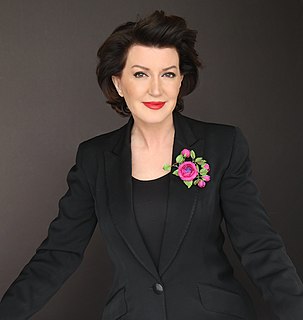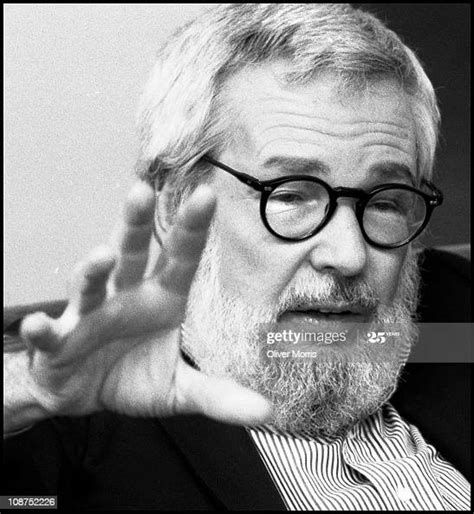A Quote by Ai Weiwei
My work is always a ready-made... cultural, political, or social, and also it could be art - to make people re-look at what we have done, its original position, to create new possibilities.
Related Quotes
Membership in the European Community, now the European Union, has enabled Ireland to re-find its sense of participation - cultural, political, social - at the European level. I think that also opens up possibilities for Ireland as a European country to look outward - to look particularly, for example, at countries to which a lot of Irish people emigrated, to our links - our human links - with the United States, with Canada, with Australia, with New Zealand. And to look also, because of our history, at our links to the developing countries.
The way I make art - the way a lot of people make art - is as an extension of language and communication, where references are incredibly important. It's about making a work that is inspired by something preexisting but changes it to have a new value and meaning that doesn't in any way take away from the original - and, in fact, might provide the original with a second life or a new audience.
I spent two years figuring out how I could turn it into something that would satisfy me as a musician but also make some kind of cross-cultural link. I feel that I kind of at least touched on the possibilities of cross-cultural music, but it is a lifetime's work, and I don't profess to be anything other than a novice at it.
Artists have their existential questions as human beings, and they address these questions in their works. But they are also thinking in a broader sense when they participate in a social and political debate through their works. Often the most important voices of artists in the political and the social debate are focused on originality in their works. We can see this in historical pieces, like "Guernica" by Picasso. "Guernica" was an extremely important manifestation and critique against war, but it was important and powerful because it was also an incredibly original and powerful work of art.
Now culture being a social product, I firmly believe that any work of art should have a social function to beautify, to glorify, to dignify man... Since any social system is forced to change to another by concrete economic forces, its art changes also to be recharged, reshaped, and revitalized by the new conditions... The making of a genuine artist or writer is not mysterious. It is not
the work of Divine Providence. Social conditions, history, and the people's struggle are the factors behind it.
The effort to create a work of art that is true and potentially lasting, that is the very best work of art you can create at that point in your life - a book that may only reach or move a few people but will seem to those people somehow transformative. That's the ideal; that's always the motivation.
My work sanitizes it (emotion) but it is also symbolic of commercial art sanitizing human feelings. I think it can be read that way.... People mistake the character of line for the character of art. But it's really the position of line that's important, or the position of anything, any contrast, not the character of it.
There was a kind of cultural life in New York that wasn't as solidified as it is now, it wasn't as money-driven. If you look at the size of the successful art galleries compared to the size of galleries now - there was no such thing as the Gagosian Gallery or Pace Gallery. But it was a time when magazines were a vital part of American life, and Esquire gave me a free pass to every world - I could get to the art world, the theater world, the movie world. It allowed you to roam through the cultural life of New York City.
Popular success is a wonderful gift if it happens, but like money, it's not the motivation. The effort to create a work of art that is true and potentially lasting, that is the very best work of art you can create at that point in your life - a book that may only reach or move a few people but will seem to people somehow transformative. That's the ideal; that's always the motivation.



